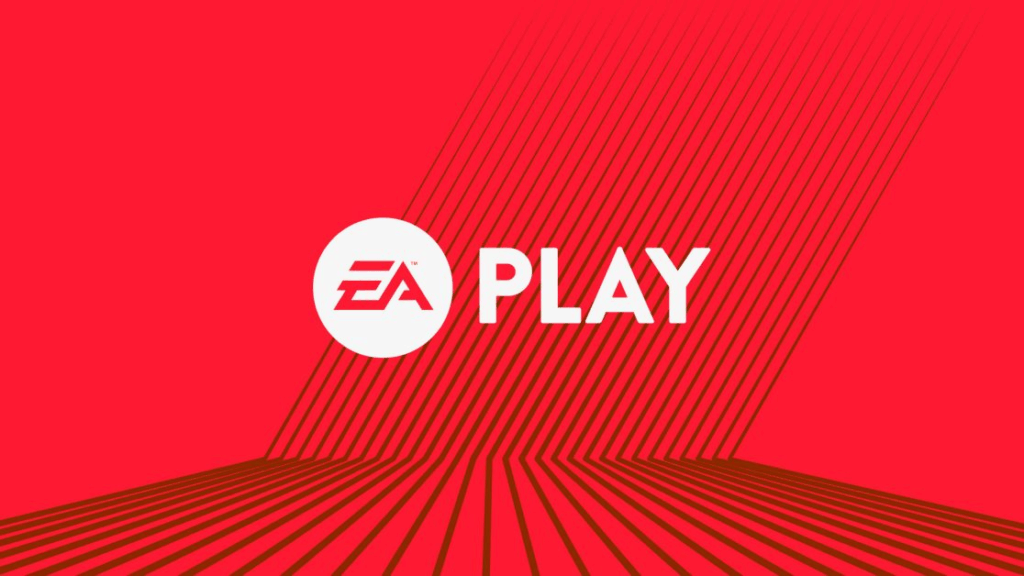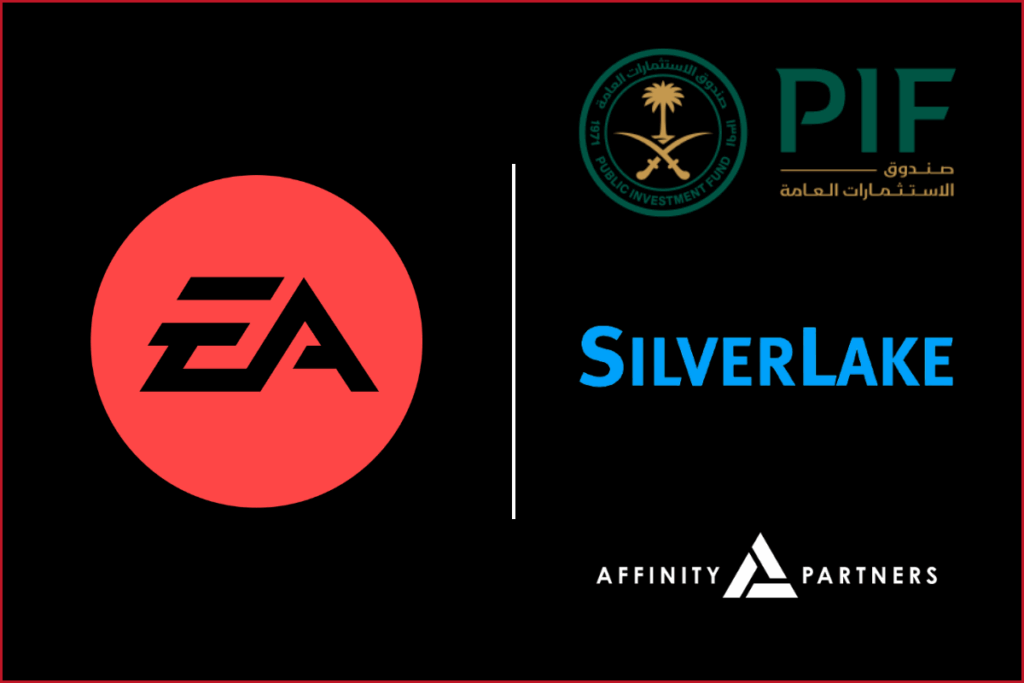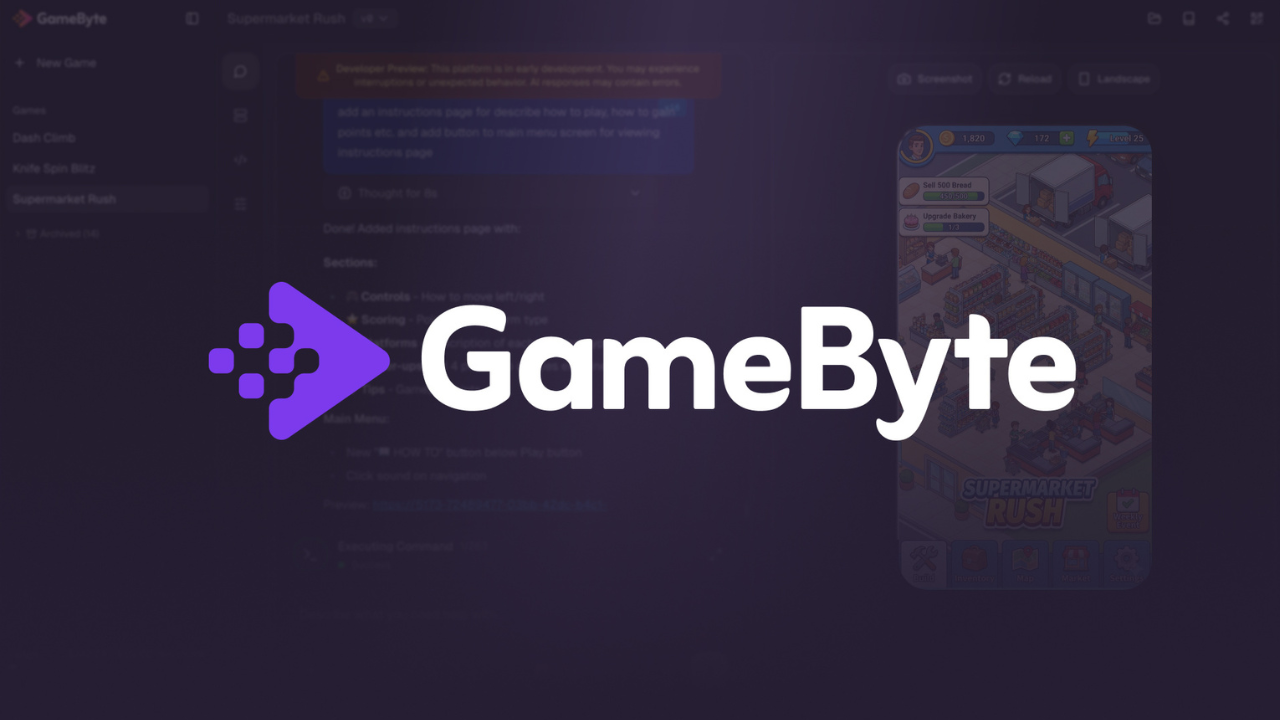Electronic Arts Inc. announced that it has entered into a definitive agreement to be acquired by an investor consortium comprised of PIF, Silver Lake, and Affinity Partners in an all-cash transaction that values EA at an enterprise value of approximately $55 billion.
Following the announcement, we shifted the conversation to GDEV’s Roman Safiyulin for his perspective.
EA is raising $55bln to go private. Why do you think they are making this move?
EA is seeking to go private by raising $55 billion to gain strategic freedom and access to long-term capital. As a private company, EA would be able to pursue bold goals – such as growing its audience to over 1 billion players and expanding its AI and live-service capabilities – without the pressure of quarterly earnings reports.
The move is also driven by EA’s attractiveness to large investors and by the broader wave of consolidation in the gaming industry. Going private helps secure a favorable valuation and protects the company from unwanted acquisition attempts.
In short, this is not a response to the crisis – it’s a proactive step to accelerate innovation and long-term growth.

How common is it for successful, high-value public companies to go private?
It’s extremely rare. If completed, this $55 billion buyout would become the largest take-private deal in history, highlighting its uniqueness. EA is not in distress – the company is profitable and currently valued at nearly $48 billion.
This is a strategic move, not a rescue mission.
Investors and management believe that operating outside the constraints of public markets will allow EA to execute long-term initiatives more efficiently – whether it’s expanding live services, scaling AI, or growing its player base globally.

Could this signal a trend of game companies moving away from public markets?
While this move may prompt some reevaluation of how game companies engage with public markets, it’s too early to call it a trend.
Instead, it reinforces two existing dynamics: industry consolidation and the increasing role of long-term private capital. For the gaming sector, this means that the largest sources of capital may increasingly come from outside traditional public markets.
Some media argue that the stock market and the gaming industry are incompatible – that the pressure of quarterly results leads to layoffs and rushed releases. Do you agree?
They’re not incompatible, but there is a clear tension. Public markets reward predictability and short-term returns, while game development is inherently risky and time-intensive. EA’s move to go private reflects an acknowledgment of this conflict.
That said, there’s no perfect ownership model – what matters most is whether shareholders and leadership are aligned in prioritizing long-term quality and innovation over immediate results.

With Electronic Arts potentially going private in what could be the largest leveraged buyout in history, how do you think this move will reshape the competitive dynamics and long-term strategies of the global gaming industry?
If completed, this deal would represent a major turning point for the gaming industry. It would accelerate ongoing consolidation, leaving fewer truly independent publishers and shifting power toward platform owners, private equity–backed giants, and sovereign wealth funds.
With the backing of patient capital, EA could invest more aggressively in new technologies, live-service ecosystems, and global expansion – especially into emerging markets like the Middle East.
This could force rivals like Ubisoft and Take-Two to secure strategic partners or rethink their long-term roadmaps. Ultimately, EA’s privatization may set a precedent: fewer public companies, fewer quarterly distractions, and more focus on bold innovation.

Chief Corporate Development Officer at GDEV





